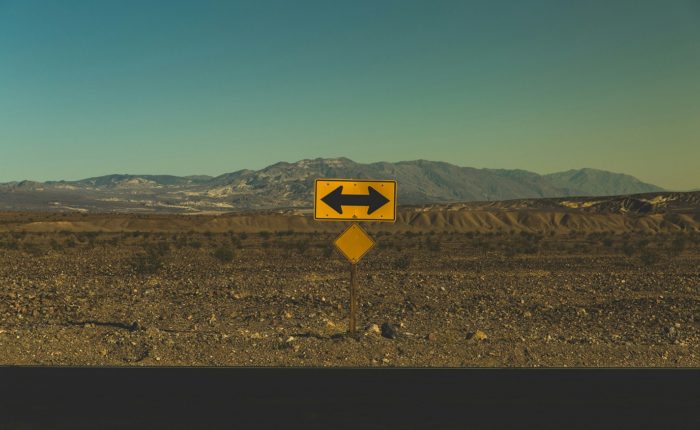Sisyphus was a wise and cunning man, whose crime is that he went against the ancient gods of Greece. Whether or not his actions are justified is another story, but in the end, he was prosecuted by those in power and judged through their laws. As punishment, he was tasked to push a huge rock towards the top of a hill.
The rock isn’t an ordinary object though, as we are talking about ancient gods here. The real punishment is that once he reaches the top, Sisyphus always loses his grip and the rock falls back down into the bottom. He then has to carry the rock towards the top, and the same thing happens over and over again for all eternity.




